
How William Shatner Changed The World
2005
2h 0m
William Shatner presents a light-hearted look at how the "Star Trek" TV series have influenced and inspired today's technologies, including: cell phones, medical imaging, computers and software, SETI, MP3 players and iPods, virtual reality, and spaceship propulsion.
If current server doesn't work please try other servers beside.
Similar Movies
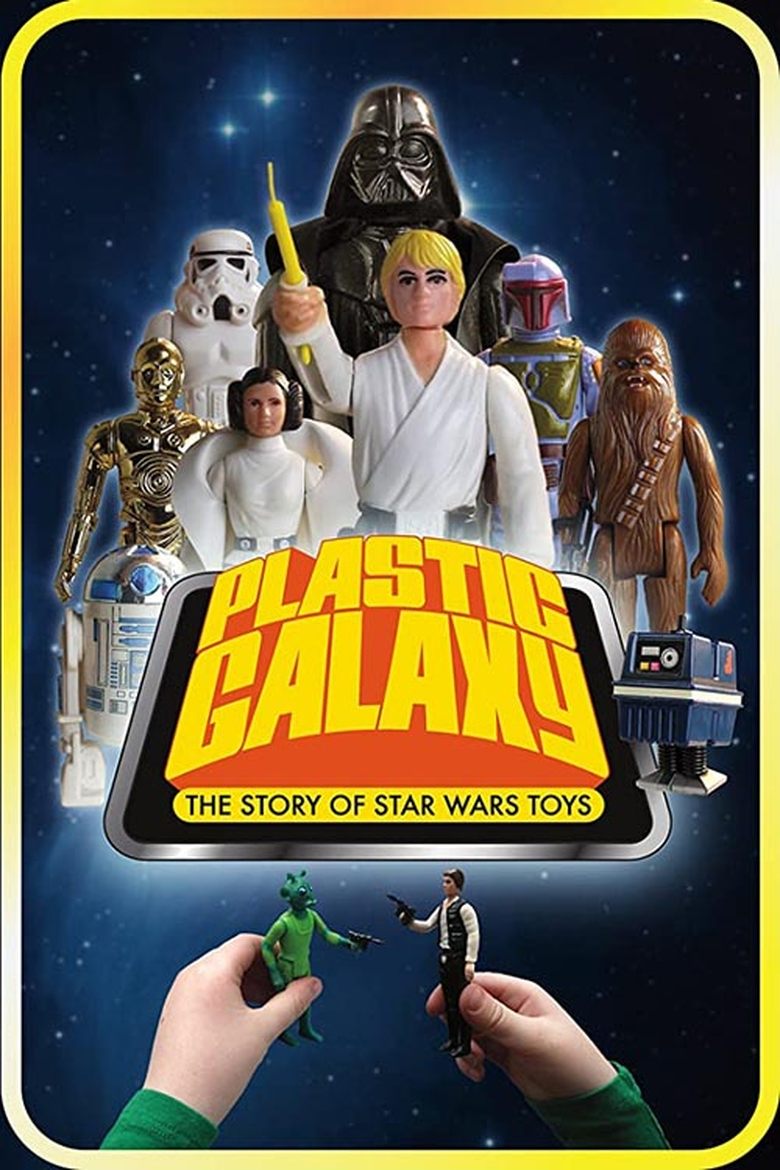
Plastic Galaxy: The Story of Star Wars Toys
Plastic Galaxy explores the ground breaking and breathtaking world of 'Star Wars' toys. Through interviews with former Kenner employees, experts, authors, and collectors, the documentary looks at the toys' history, influence, and the passions they elicit today.
Rating:
6.8/10
Votes:
26
Year:
2014

Facial Weaponization Communiqué: Fag Face
Facial Weaponization Suite protests against biometric facial recognition–and the inequalities these technologies propagate–by making “collective masks” in workshops that are modeled from the aggregated facial data of participants, resulting in amorphous masks that cannot be detected as human faces by biometric facial recognition technologies.
Rating:
5.5/10
Votes:
1
Year:
2016
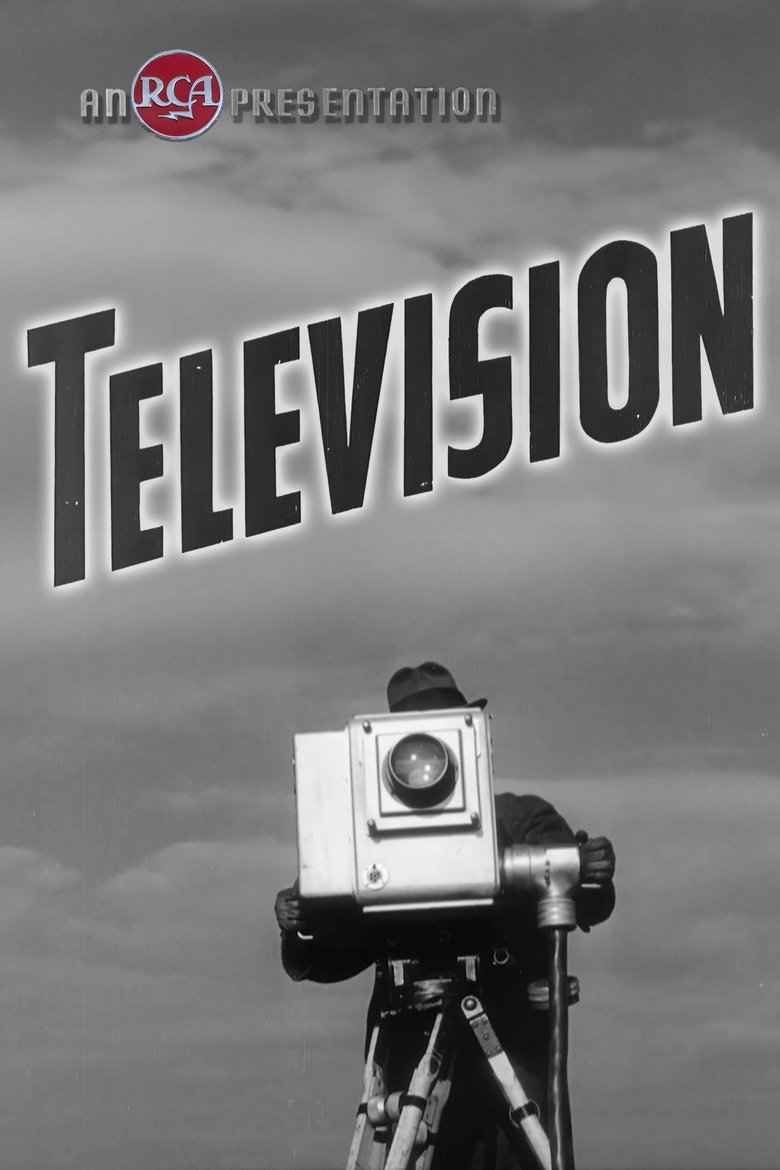
Television
Promotes television sets and the broadcast of New York's first regularly scheduled programs by providing a clinical look at the inner workings of television, including the manufacture of the tubes, lab experiments, and an actual telecast. Shows RCA's production studios in Rockefeller Center, television demonstrations at the 1939–40 New York World's Fair, RCA's Empire State Building transmitter, and remote mobile broadcast units. One of a variety of "Reelisms" shorts produced by Frederic Ullman Jr. and Frank Donovan for RKO in the late 1930s.
Rating:
0.0/10
Votes:
0
Year:
1939
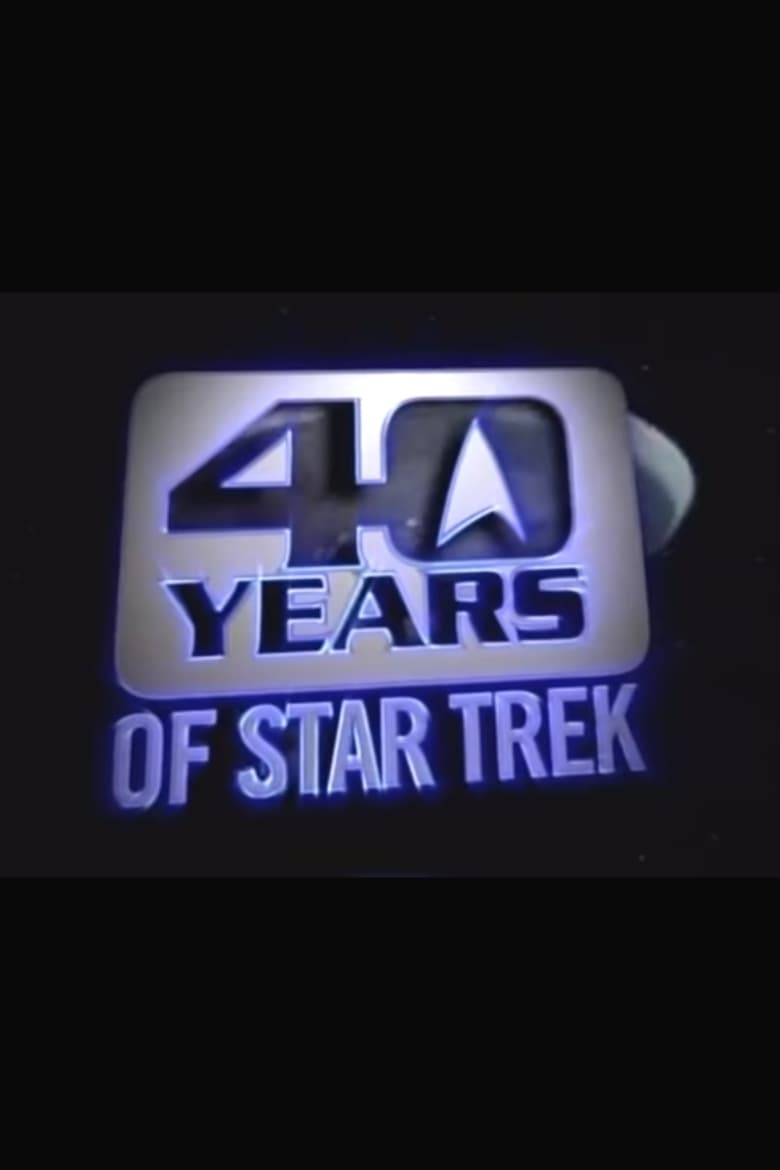
40 Years of Star Trek
The Space Channel celebrates the 40th anniversary of the original STAR TREK. Produced by Mark Askwith, hosted by Jonathan Llyr and featuring interviews with George Takei, Nichelle Nichols, William Shatner, Peter David, Michael Okuda, Denise Okuda, F. Murray Abraham, Lawrence Montaigne, Leonard Nimoy, Garrett Wang, France Nuyen, Michael Reeve, George Clayton Johnson, Denise Crosby, Marc Scott Zicree, Garfield Reeves-Stevens, D.C. Fontana, Scott Bakula, Jolene Blalock, DeForest Kelley, LeVar Burton, Dr. Mae Jemison, Rob Salem, Walter Koenig, J.G. Hertzler, Dean Devlin, Harlan Ellison, Richard Arnold, Jeffrey Combs, Rick Berman, Bjo Trimble, Jim Lee, Alice Cooper, and Robert Picardo.
Rating:
4.3/10
Votes:
3
Year:
2006

An Inconvenient Truth
A documentary on Al Gore's campaign to make the issue of global warming a recognized problem worldwide.
Rating:
6.989/10
Votes:
894
Year:
2006

Star Trek: Enterprise - In Conversation: The First Crew
"In Conversation: The First Crew runs about 93 minutes and features all seven of the series' principle cast members (including Jolene Blalock, who’s been somewhat reclusive since Enterprise ended), joined by Jeffrey Combs (who played Shran – Connor Trinneer has to leave about halfway through the conversation, so Combs replaces him). Their conversation, which is hosted by Brannon Braga, is fascinating. I don’t want to spoil too much for fans, except to say this, which will give you a good idea of what you’re in store for: Braga comes right out (about ten minutes in) and very candidly apologizes to the entire cast for the series finale. No kidding – that’s where this conversation starts" - Bill Hunt, thedigitalbits.com.
Rating:
4.333/10
Votes:
3
Year:
2013
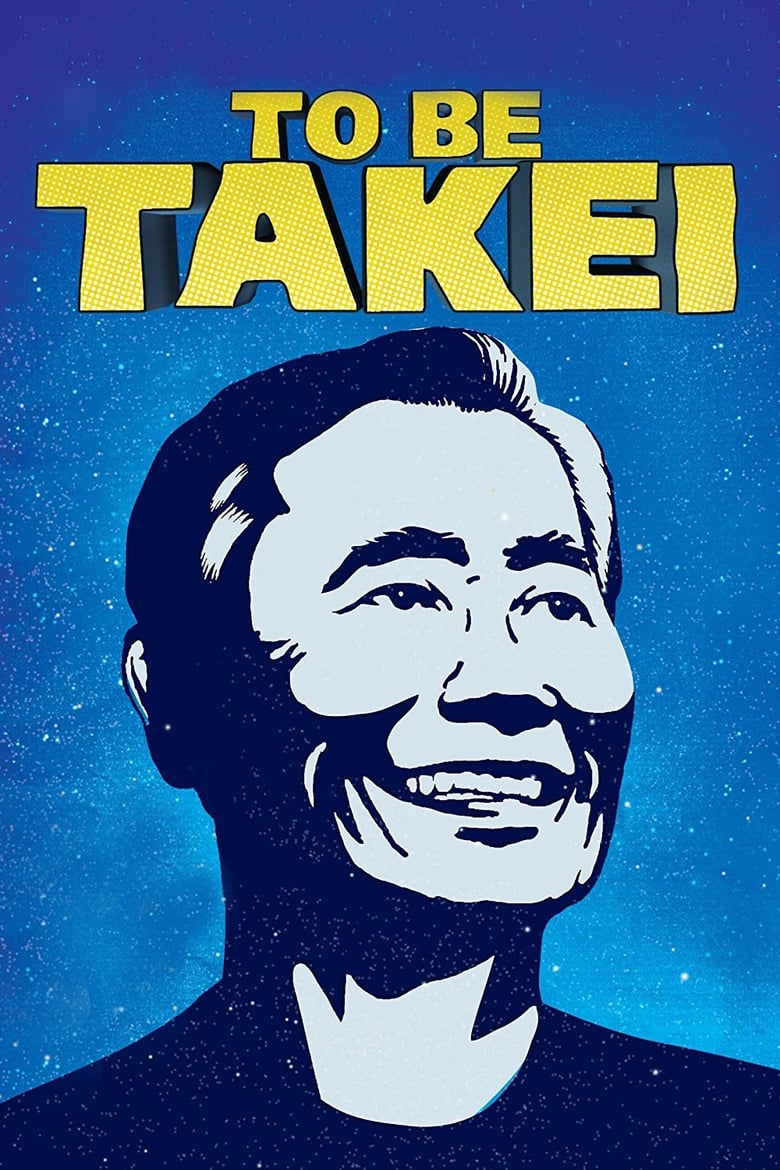
To Be Takei
Over seven decades, actor and activist George Takei journeyed from a World War II internment camp to the helm of the Starship Enterprise, and then to the daily news feeds of five million Facebook fans. Join George and his husband, Brad, on a wacky and profound trek for life, liberty, and love.
Rating:
7.4/10
Votes:
72
Year:
2014
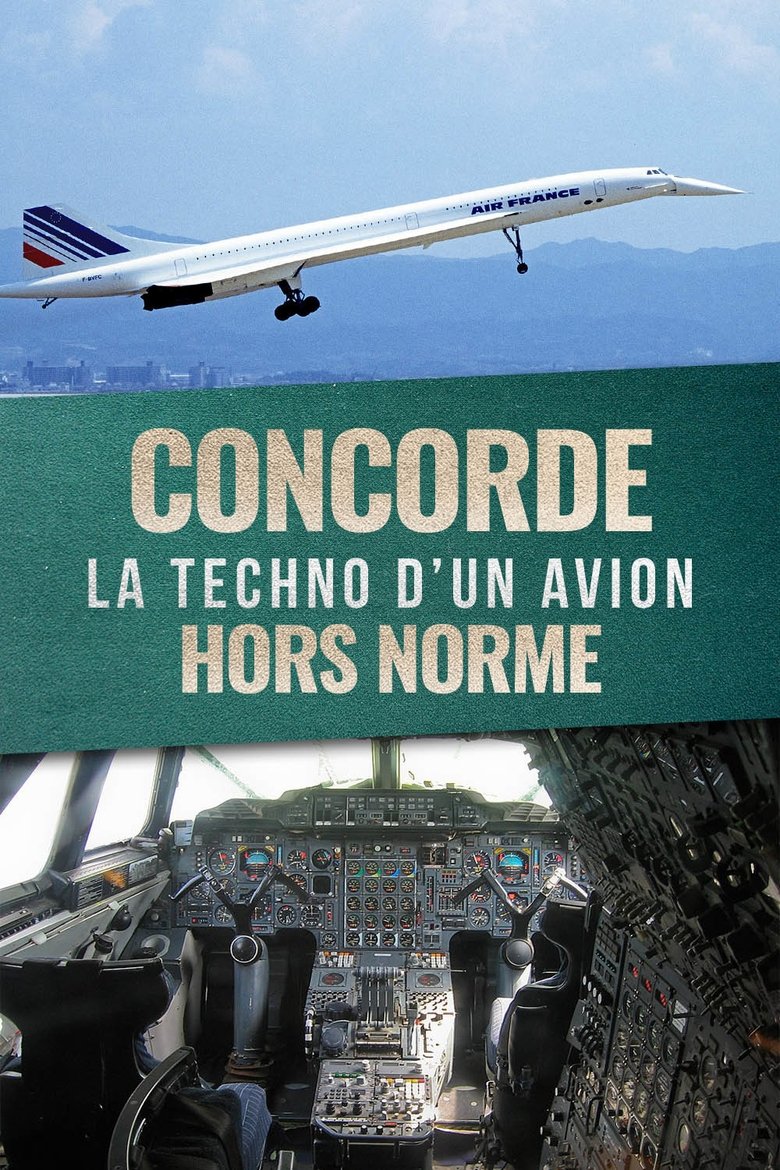
Concorde : La Techno d'un avion hors norme
Rating:
0.0/10
Votes:
0
Year:
2023

Ten Ways The World Will End
There are endless gruesome ways that the world could end; through nasty, natural disasters or because of some man-made abomination. From maniac killer robots and super volcanoes, to an alien invasion and mutant psycho humans, all options are covered in Ten Ways the World Will End.
Rating:
6.5/10
Votes:
3
Year:
2005

Best of Luck with the Wall
A video directed by Josh Begley shows the preposterous effort that would be required to build a border wall.
Rating:
0.0/10
Votes:
0
Year:
2016
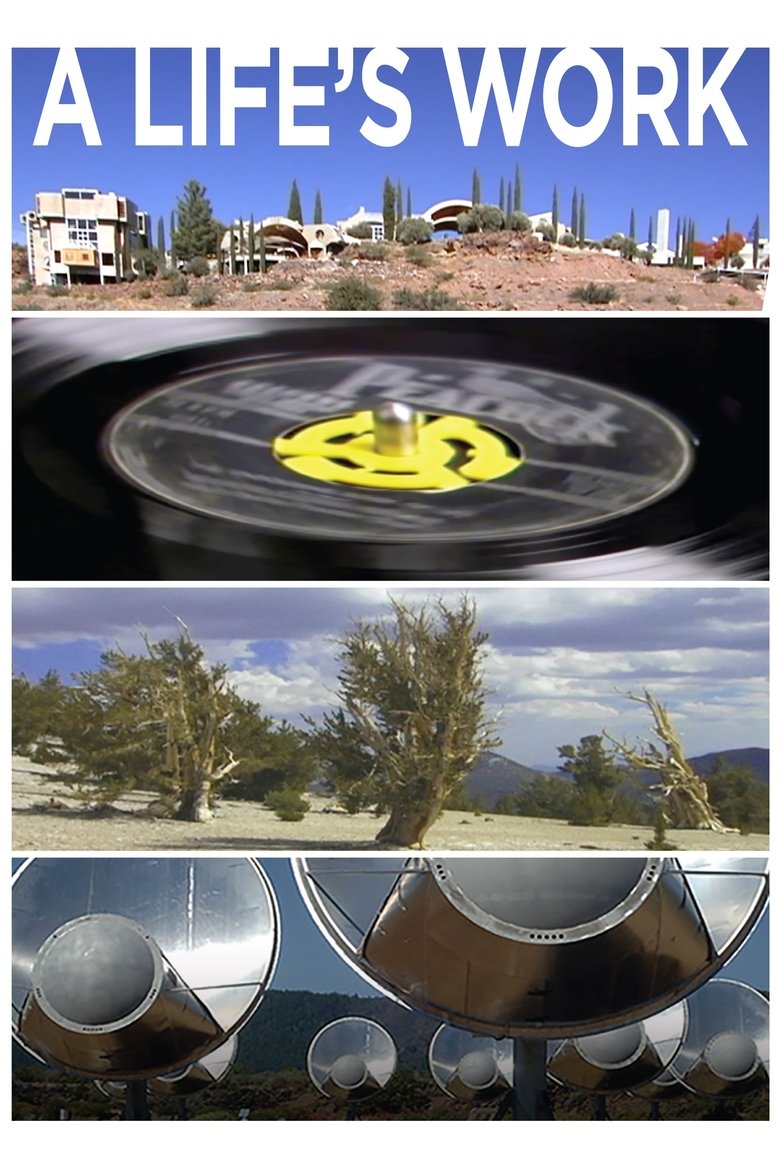
A Life's Work
What’s it like to dedicate your life to work that won’t be completed in your lifetime? Fifteen years ago, filmmaker David Licata focused on four projects and the people behind them in an effort to answer this universal question.
Rating:
7.0/10
Votes:
1
Year:
2020

e-Life
Computers, smart phones, and tablets are now a part of our daily lives. They have revolutionised the way we work, the way we communicate and the way we view the world. But what happens to our old phone when we upgrade? Where does our broken computer go after we throw it out? 'e-Life' explores what happens to our electrical goods when we throw them away and exposes some unpleasant (and perhaps unknown) truths about the detrimental affects e-waste has on people's health, the environment and the economy. From consumers in the UK to the recyclers in the dumps of Ghana, the documentary will follow the journey of our e-waste. We will examine current manufacturing and disposal processes and also assess the burden the boom in electronic goods is placing on global resources. 'e-Life' will be an objective portrayal of the problem of e-waste that documents the issue through carefully crafted cinematography.
Rating:
8.4/10
Votes:
5
Year:
2017

Sniper - Bulletproof
SNIPERS: BULLETPROOF deconstructs and analyzes the little known sniper events that have occurred when no other course of action was possible. The people who planned the takedowns, or pulled the trigger, share their techniques and bring to light the many factors that had to be considered in each mission: terrain, wind speed, temperature, elevation changes... all are critical to taking out targets considered bulletproof. A sniper has one chance, one breath, to rise to the occasion and save the day... if they miss, there may never be another opportunity. As these never told before stories unfold, the viewer also learns about the high tech gear each sniper carries on their classified missions.
Rating:
8.5/10
Votes:
2
Year:
2011

Jedi Junior High
In 2009, students of all walks of life at the Arts & Learning Children's Conservatory in Anaheim, CA set out to produce their own live musical parody version of Star Wars: Episode V - The Empire Strikes Back (1980), as interpreted through their young talents. Follow the young actors, artists, musicians (and a few supervising adults) as they audition, rehearse and perform their take on this classic film.
Rating:
6.2/10
Votes:
6
Year:
2014

The University
On a NASA research base in Silicon Valley, there's an organization that's changing the world ... Singularity University (SU). Created by renowned futurist Ray Kurzweil and entrepreneur Peter Diamandis, with support from NASA, Google, and others, the university brings in some of the smartest students from around the world, and gives them a crash course in the most powerful exponential technologies on the planet. The students are then given a challenge: create companies that will impact a billion people within ten years. The film follows the students and their companies over five years, as they use the support of scientists, astronauts and billionaires in their attempt to make a dent in the universe.
Rating:
0.0/10
Votes:
0
Year:
2016
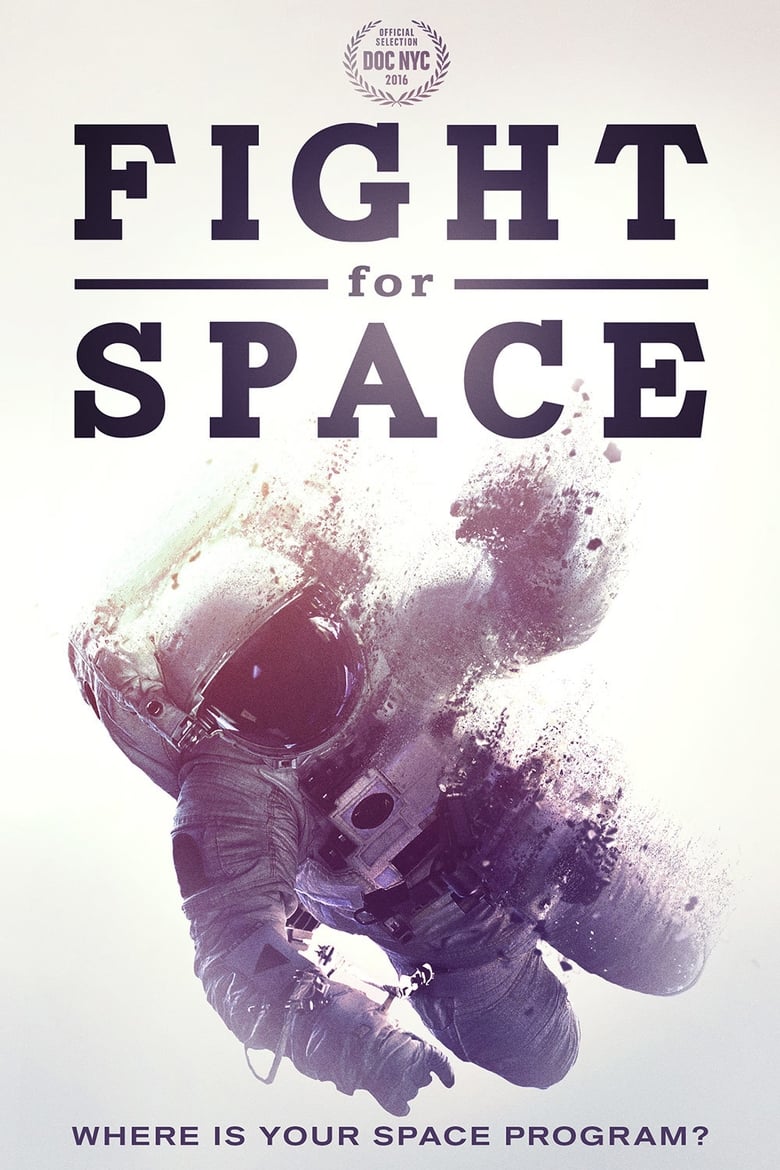
Fight For Space
In 1962, spurred by the Cold War, President John F. Kennedy famously made the bold proclamation that NASA would send astronauts to the moon by the end of the decade, not because it was easy, but because it was a challenge. The Space Race inspired a generation to pursue careers in science and technology, but as the balance of world power shifted, interest in space exploration declined. "Fight for Space" serves as an urgent call to re-awaken our sense of wonder and discovery.
Rating:
7.6/10
Votes:
10
Year:
2016

Food Evolution
As society tackles the problem of feeding our expanding population safely and sustainably, a schism has arisen between scientists and consumers, motivated by fear and distrust. Food Evolution, narrated by Neil deGrasse Tyson, explores the polarized debate surrounding GMOs. Looking at the real-world application of food science in the past and present, the film argues for sound science and open-mindedness in a culture that increasingly shows resistance to both.
Rating:
7.0/10
Votes:
14
Year:
2017

To the Journey - Looking Back at Star Trek: Voyager
The documentary explores the legacy of Star Trek: Voyager (1995).
Rating:
0.0/10
Votes:
0
Year:
2024

Sunrise with Sea Monsters
Sunrise With Sea Monsters follows a wandering desktop hard drive as it journeys through the British landscape in a quest to explore new ways to store and preserve human knowledge for humanity in the future.
Rating:
0.0/10
Votes:
0

Trekkies 2
Denise Crosby takes another look at the huge fans of "Star Trek" and how the series from around the world has affected and shaped their lives.
Rating:
6.4/10
Votes:
22
Year:
2004
If current server doesn't work please try other servers beside.